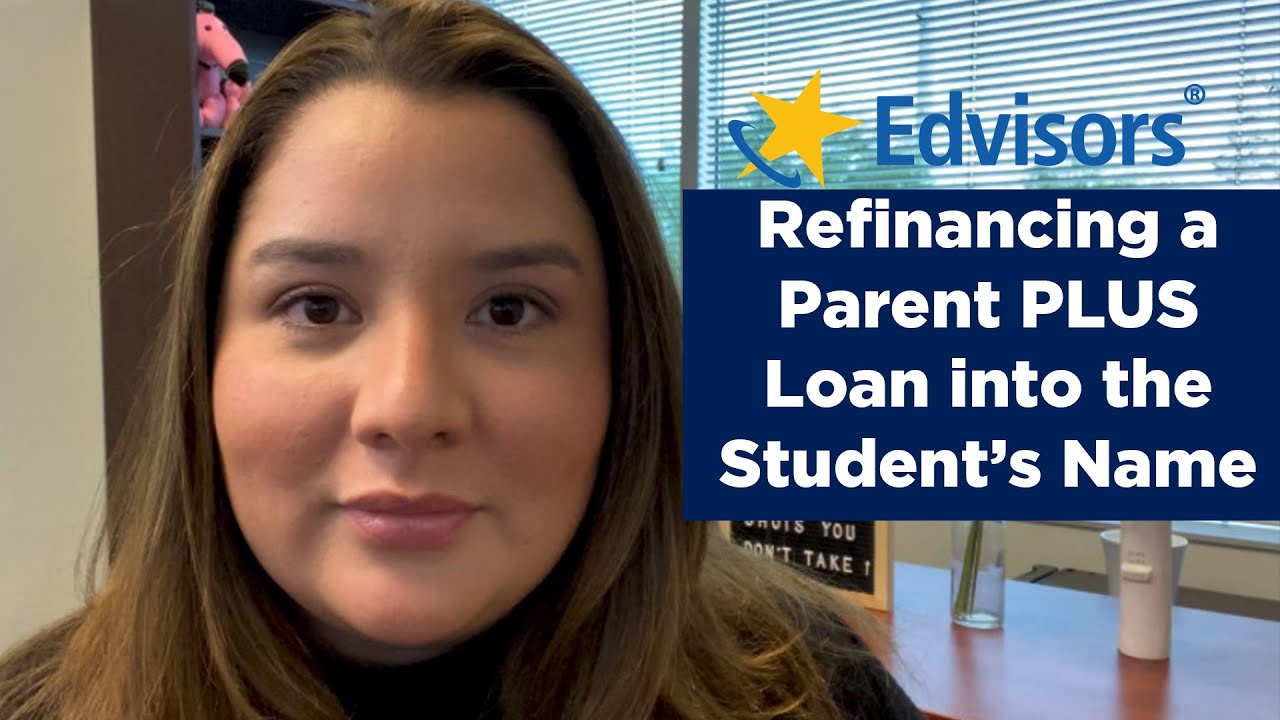A pre settlement funding company provides cash advances to plaintiffs who are expecting a large settlement. These funds are repaid out of the settlement or verdict proceeds, and they generally charge a high rate of interest. However, these loans are regulated by state laws.
Many people struggle to pay their bills while waiting for a settlement. A risk-free lawsuit settlement loan can help them hold out for a bigger payout.
Pre-settlement loan
A pre-settlement loan is a type of lawsuit funding that allows plaintiffs to receive an advance on their pending legal claim. It is often used by plaintiffs who are facing financial hardship because of medical bills, loss of income or other unforeseen expenses. The amount of the advance is determined by the strength of the plaintiff’s case and their attorney’s recommendation. It is also important to find a company that offers low interest rates and takes a conservative approach to their underwriting process.
Most reputable pre-settlement funding companies do not require credit checks or employment verification. However, you should compare the amounts offered by different companies to ensure that you are receiving enough money to cover your needs. It is also important to make sure that the company is not charging excessive fees, as these can decrease the amount you will receive from your final settlement.
Lawsuit funding is usually non-recourse, which means that if you lose your case or do not receive a settlement, you will not be responsible for paying back the cash advance. This feature is especially useful for plaintiffs with a bad credit history or no credit at all. You should also check whether the lawsuit funding company will contact your attorney before advancing any funds.
Some lawsuit funding companies charge bogus application, origination and processing fees. These can cost hundreds of dollars and should be avoided. A good pre-settlement funding company will provide a free review of your application and disclose all fees clearly in the contract.
Consumer protection in litigation funding involves transparency in contracts, clear disclosure of terms and adherence to state regulations. Attorneys should also be familiar with the intricacies of pre-settlement financing and offer their clients appropriate resources to understand the complexities of the process.
Many people who are injured in a car accident or work-related injury find themselves unable to pay their bills while they wait for their legal claims to settle. A pre-settlement lawsuit advance can help alleviate the stress of these monetary obligations and allow plaintiffs to focus on their case without worry about how they will manage their bills and meet other financial commitments.
Pre-settlement advance
A pre-settlement advance is a legal cash advance that you can use to pay for expenses while waiting on your lawsuit to settle. It’s an alternative to traditional borrowing and can be beneficial in some situations, but it’s important to consult with your attorney before pursuing this option. A good lawyer can help you understand the risks and benefits of this type of funding, and they can advise you on how to choose a reputable and reliable pre-settlement financing company.
When you apply for a pre-settlement advance, the funding company will request documents from your lawyer, including case details and legal documents. Then, they will evaluate the likelihood that you’ll win your lawsuit or receive a financial settlement. They will also determine how much they can offer you for your future settlement payments. Once you’re approved, they will forward the funds to you or your attorney. In most cases, you can receive the money within 24 hours of signing the agreement.
The main advantage of a pre-settlement advance is that it’s unsecured and doesn’t require a credit check or employment verification. However, this type of litigation advance can come with high fees and interest rates. These fees can significantly reduce the payout from any final settlement. Fortunately, some companies are now offering a lower cost alternative called structured settlement advances. This is similar to a lump sum payment, but it comes with a fixed monthly interest rate instead of compounding interest.
Many people who are injured in an accident find themselves with unforeseen expenses, such as medical care, rehabilitation, and living costs. Without a steady source of income, these bills can quickly add up. Pre-settlement loans can help level the playing field against an insurance company that has deep pockets and strong resources to fight your lawsuit.
When you apply for a pre-settlement loan, the lender will usually ask your lawyer for case details and legal documents. They will then evaluate the strength of your legal position to decide whether to approve you for a pre-settlement loan. Once you’re approved, the pre-settlement loan company will purchase a portion of your future settlement proceeds. When your lawsuit is successful, you will receive the remaining balance minus fees and interest.
Pre-settlement sale
A pre-settlement sale is a transaction that takes place before the title is transferred to the buyer. It is important to make sure that all the details are correct before executing this type of sale. For example, if the seller has a mortgage on the property, the lender must be notified of the change in ownership. Homeowners insurance should also be changed to the new owner. Additionally, the buyer should cancel any utilities or services that are still in the name of the previous owner.
Before a pre-settlement sale, both parties should meet with their lawyers or conveyancers to discuss any issues that might arise. For instance, if the buyer discovers damage during a pre-settlement inspection that was not included in the sale and purchase agreement, it is important to resolve this issue immediately. Otherwise, it could delay settlement.
In addition, the buyer should check that the property has been cleaned and is in good condition. This is particularly important if the property will be used for commercial purposes. If the home is occupied by tenants, the buyer must get them to consent to the pre-settlement inspection.
It is important to research and compare pre-settlement funding companies before deciding on one. The best companies have clear terms, reasonable fees and do not use aggressive sales tactics. They should also be registered in your state and provide you with contact information. Additionally, they should have a high BBB rating. This is an indication of the company’s transparency and commitment to customer satisfaction. Finally, they should have experience in the industry and a strong reputation.
Pre-settlement settlement
A pre-settlement settlement is an advance on a lawsuit. It is typically based on the strength of the case and its expected value, rather than the plaintiff’s credit history or financial status. The money is typically disbursed within a few days. There are several types of pre-settlement funding, but they all require a thorough evaluation of the case and the plaintiff’s ability to win. Pre-settlement funding is often less expensive than traditional legal financing. However, there are other options that may make more sense for your specific situation. You should consult with your attorney and a financial adviser to determine whether pre-settlement funding is right for you.
Many accident and injury victims struggle to cover living expenses while their cases are pending. Pre-settlement funding allows them to get money quickly and pay for essentials like food and housing, while still giving their attorneys time to negotiate a fair settlement. It can also help them avoid taking low initial offers and pressure to return to work earlier than necessary.
In order to qualify for a pre-settlement settlement, the plaintiff must provide the company with case details and a signed document from their lawyer. The company will usually contact the lawyer to discuss the case and verify that it is legitimate. It is important to work with a reputable pre-settlement funding company that will evaluate your case thoroughly and make sure you are eligible.
When the settlement is awarded, the proceeds are used to pay your attorney and any court fees. The remaining funds are then used to repay the funding company. If you lose the case, you generally do not have to repay the advance or pay interest. However, some companies offer non-recourse settlement funding that requires repayment only if the plaintiff wins their case.
If you are facing financial challenges while waiting for your lawsuit to settle, consider talking to a pre-settlement funding company about a settlement loan. This type of loan can be a good option if you’re not sure how to cover your bills and are struggling to keep up with your regular payments. In addition to pre-settlement funding, you can also seek financial assistance from family and friends, a credit union or bank, or a non-profit organization.



